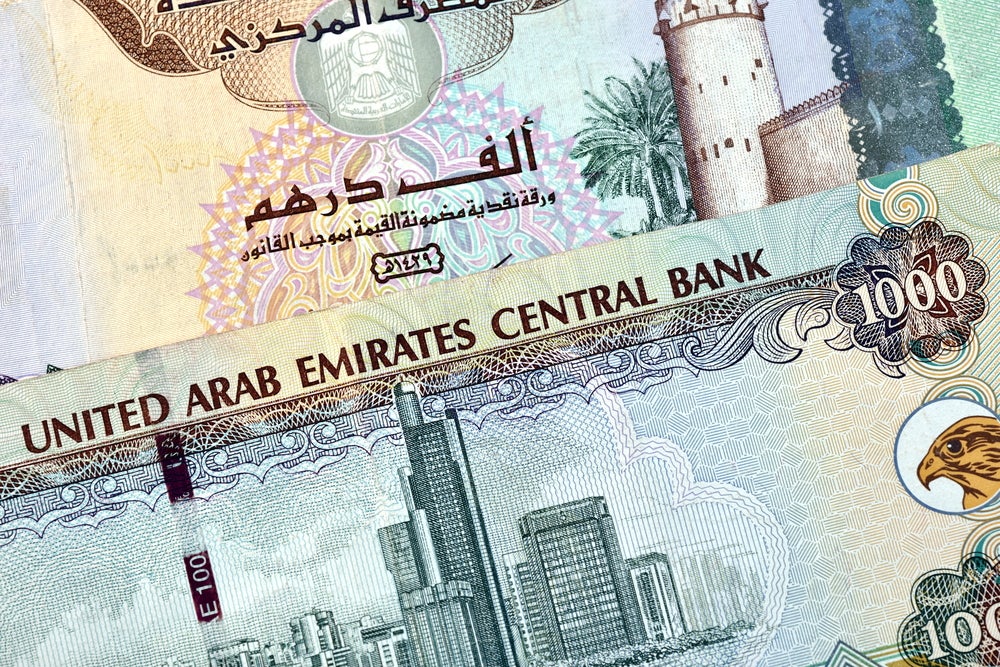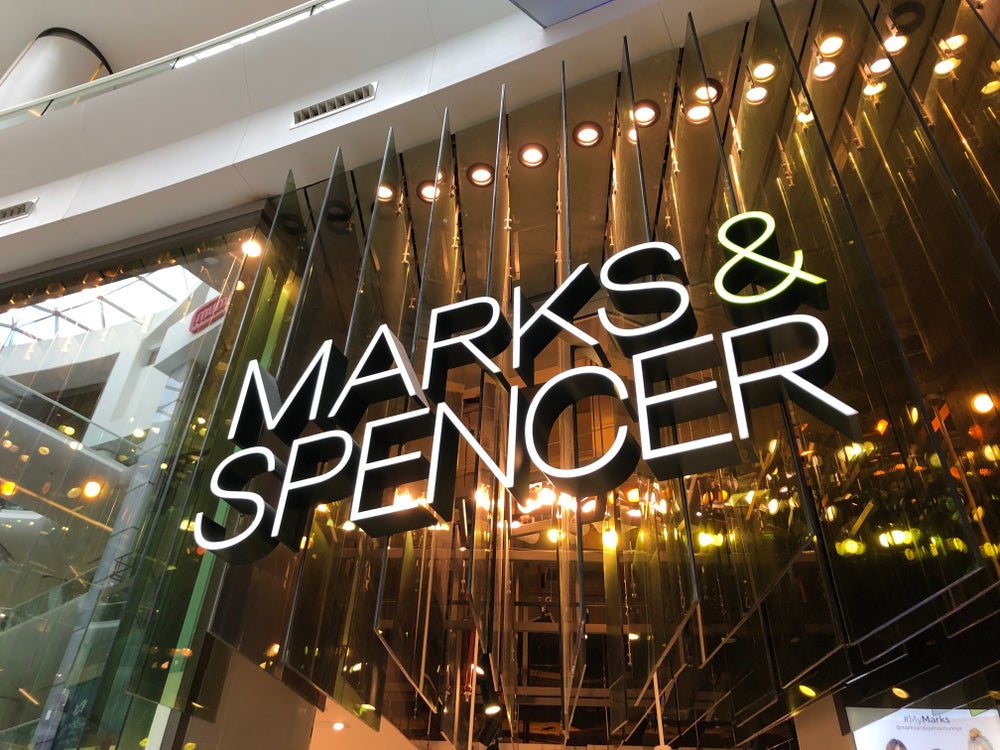In Brazil, micro, small and
medium-sized businesses have more clout than most people would
think and Visa is putting a lot of energy into tapping into the
market. Sheena Rossiter talks to Karen Ferriera, Visa’s director of
commercial products in Brazil, about how it is building
relationships in this fragmented market.

 Out of Brazil’s
Out of Brazil’s
5.1m businesses, micro, small, and medium organisations account for
98% of the total and produce 20% of the Gross Domestic Product
(GDP) for the country, according to the Service to Support Micro
and Small Enterprises Sao Paulo. However, it is a fragmented market
that changes significantly from region to region and is dominated
by the smaller players.
The highest concentration of SMEs
are located in the populous South-East of Brazil, where the
country’s two largest cities – the tourist hub of Rio de Janeiro
and financial centre of Sao Paulo – are located. Brazil’s high
entrepreneur population is clearly present in the South-East of the
country with 51% of SMEs being located in that region.
Card networks, like Visa, see the
opportunity to get into this small business market that is still
mostly on side with the enemies that are: cash and cheque. Over the
past eight years, Visa has been progressively working with small
businesses to convince SMEs to make the switch over to payment
cards.
“Not only do many kinds of small
businesses in Brazil still use cash and cheque, but some still use
Boleto, which is like a bank slip for company payments,” says Karen
Ferriera, Visa’s director of commercial products in Brazil. “We’ve
found that there is a high demand to have more time to pay, but
it’s still difficult for small companies to get approved by banks
for credit. And that resulted in us developing a programme we call
Clube de Negocios about a year ago.”
How well do you really know your competitors?
Access the most comprehensive Company Profiles on the market, powered by GlobalData. Save hours of research. Gain competitive edge.

Thank you!
Your download email will arrive shortly
Not ready to buy yet? Download a free sample
We are confident about the unique quality of our Company Profiles. However, we want you to make the most beneficial decision for your business, so we offer a free sample that you can download by submitting the below form
By GlobalDataThere are still many so-called
famous ‘Brazilian bottlenecks’ that prevent small businesses in a
fast-growing economy from getting desperately needed credit. High
interest rates, painfully slow and complicated bureaucracy, and
guarantee requirements from banks are the major barriers that hold
small and micro businesses back in Brazil.
And when micro, small, and
medium-sized business have had access to credit, the limits are
usually low and tend to be levied by high fees and short payment
terms.
With traditionally-used forms of
payment for these types of company, like the Boleto, companies have
up to 28 days to pay their debts and are given flexibility to
negotiate down their debts if they are unable to pay on time. This
gives little incentive for many SMEs to make the switch from cash
and cheque over to payment cards.

Clubbing
together
In May 2010, Visa created an incentive
programme called Clube de Negocios, which translates to Business
Club in English, to help small businesses overcome the barriers to
get credit and to develop more flexible forms of payment for SMEs.
The incentive programme has helped small businesses by creating a
three-way, direct dialogue between the card providers, banking
institutions and the customers.
“We are working with banks to
improve card distribution among small businesses and we are working
directly with the card holders, which helps us understand exactly
what the customers need,” says Ferriera. “The more support we get
from banks, the more we can improve the cards with the
customers.”
The Clube de Negocios programme
looks at three platforms to help small businesses move forward: an
educational platform, an interactive platform and a promotional
platform.
The educational platform offers
Visa Business cardholders access to certain educational
institutions in Brazil – which can help expand their businesses –
and discounts on courses, forums, and events among other products,
where they can pay with their business card. It also aims at
educating the public about small businesses in Brazil through the
means of another platform in the programme.
With the interactive platform,
Brazilian entrepreneurs can connect with other registered companies
and show off their businesses through the use of an online profile.
Registration on the online platform also gives the companies
potential press coverage for their businesses.
Lastly, the promotional platform
gives small businesses the reduced rates when buying products at
certain stores when they use the card. Visa has partnered with
Brazil’s largest mobile phone operator Vivo; Walmart; office supply
store Staples; and online shopping portal Comprafacil.com, among
other companies. The promotional platform also helps small
businesses get discounts when buying products and equipment to
better their output.
Banking SME
Data
Much in the same vein as Visa’s Clube
de Negocios programme, SMEs are being encouraged to take a
partnership approach to their financial activity by banking their
data. According to Brazilian financial portal InfoMoney, Sabre – an
organisation that aims to support the opening and expansion of
small businesses – says the creation of a databank of good payers,
individuals and companies will result in easier access to credit
and reduce the risk SMEs have in providing funding to their
customers.
“A ‘positive list’ will enable
Brazil to take an important step towards increasing security in the
financial system,” says Carlos Alberto dos Santos, technical
director at Sabre. “The measure forms part of a series of measures
by the previous Federal government to maintain the monetary
stability of our economy.”
Santos adds the creation of a
databank is a vital measure of transparency that values fair and
just pay.
“[A databank] will strengthen the
Brazilian process of social and economic inclusion, which may give
now dynamism to the relationship of buying and selling.”

Different cultures, similar
requirements
Brazil is a large and
culturally-varied country, often referred to as having six
countries within it. It is common practice for many businesses to
change their marketing strategies to suit customers in the
country’s different regions. Yet, for card providers targeting
small businesses throughout Brazil, this hasn’t proved necessary as
their needs and requirements appear border-less.
“We don’t have a specific strategy
in different regions in Brazil, since when we’ve talked with our
customers here in Brazil, they always say exactly the same thing
when we ask them what they need to improve their business,” says
Ferriera.
“They always say they need more
time to pay [outstanding bills and invoices], they need a financial
report and more information about the suppliers. And payment cards
directly provide this, while paying on cash and cheque can get
messy. This is why we don’t change our strategy in different
regions.”
Now there is a big push to focus on
SMEs in Brazil with about two thirds of investment in technology
being focused specifically on micro, small and medium businesses in
the country. The government is also looking to get many small
businesses out of the huge informal economy that exists in Brazil
and into the formal economy.
“This segment in Brazil is really
important to us because it’s a huge growth area. The government is
working to formalise more and more companies, giving us an even
greater chance to move our products forward for these
companies.
“It’s estimated that Brazil has
about three to four times more informal companies than formal
companies,” she adds.
Visa has no other incentive programmes planned for the coming
year. It will instead look at strengthening its Clube de Negicios
programme as a way to meet SMEs’ demands to use payment cards and
expand their financial inclusion.







